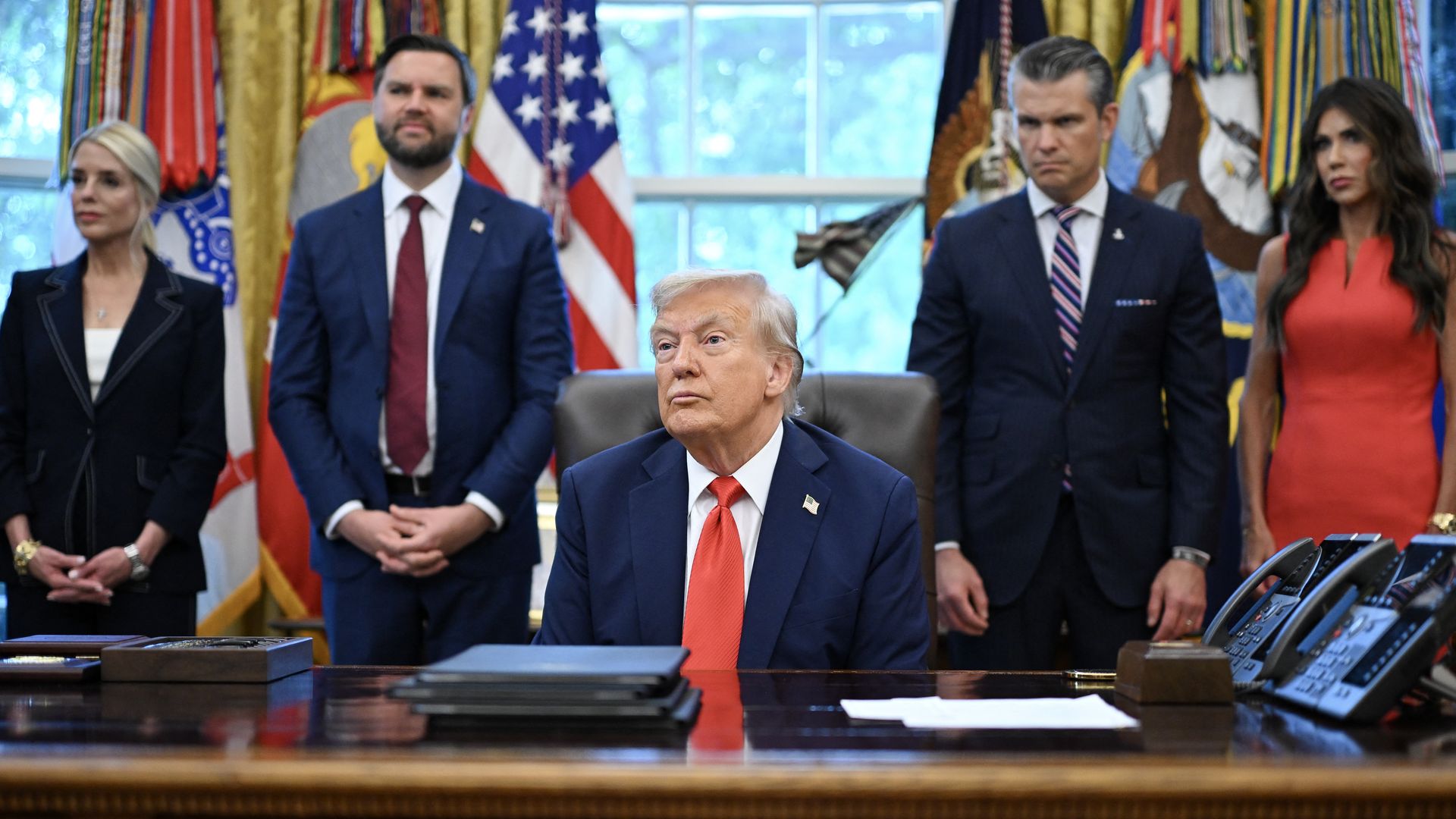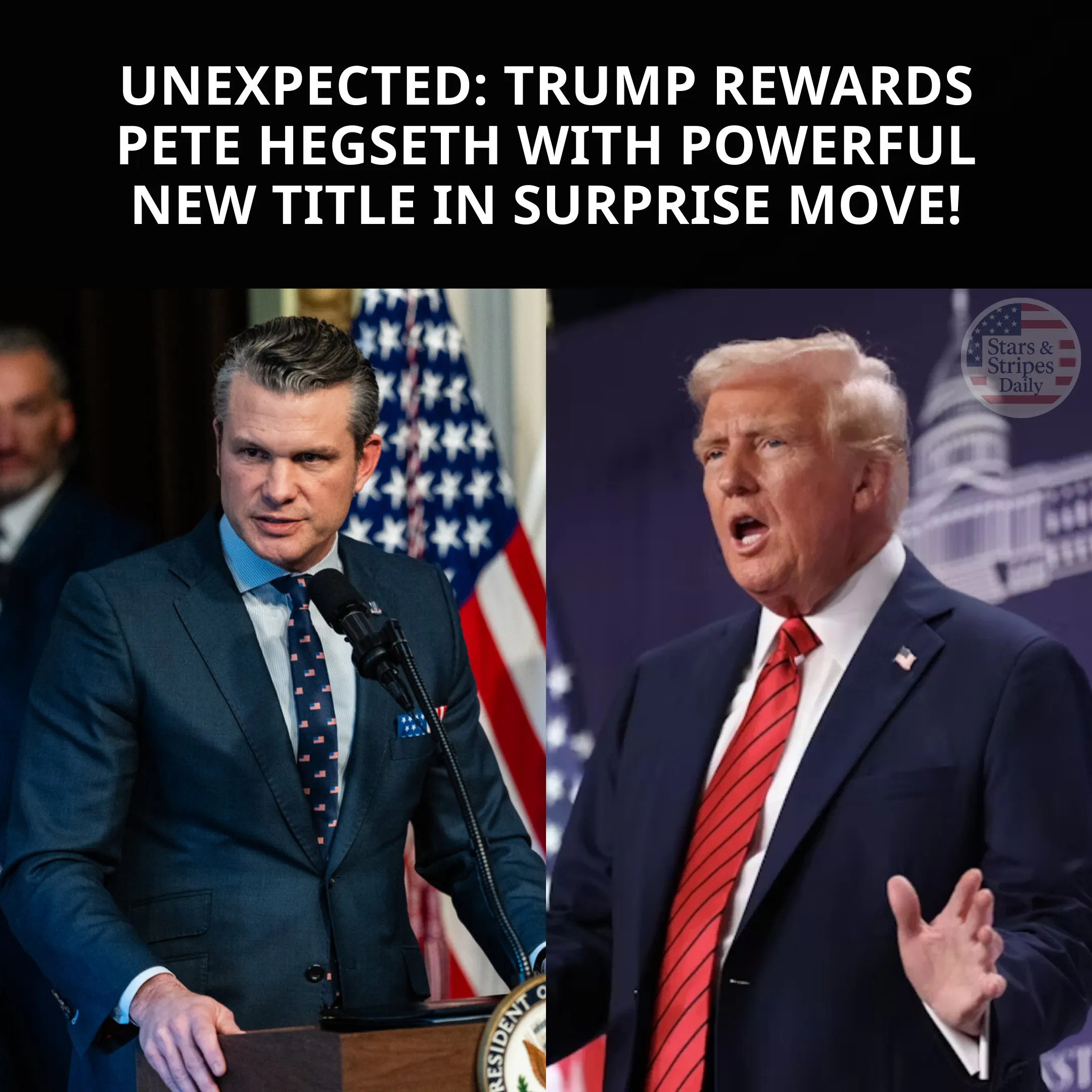President Donald Trump’s tough talk on crime has once again ignited a firestorm of debate after he suggested deploying the National Guard to Oakland, California, following what he described as rampant lawlessness in America’s cities.
During a Monday press conference announcing federal intervention in Washington, D.C., Trump widened his scope, warning that Oakland, along with cities like Chicago, Baltimore, Los Angeles, and New York, may soon see similar measures.
“We have other cities also that are bad. Very bad,” Trump said. “You look at Chicago, how bad it is. You look at Los Angeles, how bad it is. We have other cities that are very bad. New York has a problem.
And then you have, of course, Baltimore and Oakland. We don’t even mention that anymore there. They’re so far gone. We’re not going to let it happen. We’re not going to lose our cities over this. And this will go further.”
The remarks sparked immediate responses from legal experts, civil rights leaders, and Oakland’s political establishment. While Trump’s supporters hailed his words as long overdue for cities plagued by crime and dysfunction, opponents dismissed the suggestion as fearmongering designed to paint blue-state leadership as incapable of maintaining order.
Trump’s warning reflects a consistent theme of his presidency: restoring order to cities where crime, violence, and public disorder have dominated headlines. For years, Trump has highlighted urban crime in Democrat-run municipalities as proof that progressive policies fail to protect ordinary citizens.
His call for National Guard deployments is part of a broader strategy to demonstrate federal authority in safeguarding Americans when local leadership falters.
The inclusion of Oakland in Trump’s list underscores the city’s long-standing challenges with violent crime, drug trafficking, and systemic governance failures.

To Trump, these problems have reached a point where only decisive federal action can prevent collapse. His message resonates with many Americans who feel unsafe in urban centers and believe local leaders prioritize ideology over results.
However, while Trump wields clear authority in Washington, D.C.—a federal district where he has already moved to send in the National Guard—his legal path is more complex in states like California.
“It’s harder to see a legal path in these other places,” said David Levine, a professor at UC Law San Francisco. “If he wanted to declare an emergency in, let’s say, Illinois, he would need the governor to go along. I think he would get much pushback if he were to try this in Oakland.”
The distinction matters. In states, the president generally needs gubernatorial approval unless he invokes specific emergency powers. California’s governor, a Democrat and longtime Trump critic, would almost certainly resist.
But Trump has shown a willingness to test legal limits when public safety is at stake, and many of his supporters would welcome a confrontation that underscores his law-and-order stance.
City leaders rushed to dismiss Trump’s remarks as exaggerated. Oakland’s police department released statistics showing that crime, in some categories, has declined compared to the previous year. Homicides are reportedly down 21 percent, while robberies have fallen by 41 percent.
Yet these numbers tell only part of the story. Oakland recently endured a violent weekend marked by six separate shootings. Residents in many neighborhoods continue to live with fear of gun violence, break-ins, and carjackings.
Videos of brazen daytime robberies and mob-style retail thefts have circulated widely online, undermining official claims of progress.

Critics argue that while statistics may show improvement on paper, the lived reality for many residents is deteriorating. Trump’s comments tapped into this gap between official narratives and street-level experience.
Unsurprisingly, Oakland’s political leaders fired back. Mayor Barbara Lee, a former congresswoman and prominent progressive, condemned Trump’s characterization.
“President Trump’s characterization of Oakland is wrong and not grounded in facts, but in fear-mongering,” she said in a statement. “This is not leadership—it’s an attempt to score cheap political points by tearing down communities he doesn’t understand. We’re making real progress on public safety in Oakland, and while we acknowledge we have more work to do, we are doing this work each and every day. Our comprehensive public safety strategy is working—crime rates are coming down even though we still face many challenges. And let me repeat, President Trump is wrong.”
Civil rights attorney Adante Pointer also accused Trump of targeting cities run by Black mayors, framing his remarks as racially motivated. “He continues to target and distort the facts as it relates to crime in American cities, particularly those in blue states run by Black mayors,” Pointer said.
These responses highlight the political dimensions of Trump’s law-and-order push. For his critics, it is about delegitimizing progressive governance. For Trump and his supporters, it is about exposing the failures of progressive governance.
Among Oakland residents, opinions are divided. Some see Trump’s threat to deploy the National Guard as heavy-handed, even frightening. “Martializing, oh my God,” said a woman named Luise, reacting to the idea.
“Oakland has had its issues, granted, but I think that it can be solved totally differently than any way that he’s thinking about doing.”
Others, however, quietly acknowledge that Trump’s words reflect their own frustrations. Businesses ravaged by theft, families fearful of violence, and residents tired of ineffective policies may not publicly support Trump but privately hope for stronger intervention.
This silent frustration is part of why Trump’s message continues to resonate nationwide, even in liberal enclaves.
The clash over Oakland is part of a larger battle between Trump’s federal vision and the entrenched political establishment in Democrat-run states.
To Trump, leaders like Mayor Barbara Lee and Governor Gavin Newsom embody the failures of progressive ideology: permissive policing, soft-on-crime policies, and misplaced priorities on political theater rather than public safety.
By threatening to send the National Guard, Trump positions himself as the protector of ordinary Americans abandoned by local leaders. His critics accuse him of fearmongering, but his supporters see him as the only figure willing to name the problem and confront it head-on.
The Oakland debate illustrates how crime is shaping the political landscape ahead of future elections. Democrats tout declines in certain crime categories as proof their strategies are working, but Trump points to high-profile incidents, online videos, and community fears to argue otherwise.
The truth lies in the tension between the two narratives. While some statistics show improvement, Oakland and other cities remain plagued by serious violence and disorder. For many Americans, it is Trump’s blunt assessment—not carefully curated data—that feels closer to reality.
President Donald Trump’s remarks about deploying the National Guard to Oakland have once again polarized the nation. To his supporters, they reflect strong leadership and a refusal to accept the decline of America’s cities. To his critics, they are fearmongering, racially tinged attacks on blue-state mayors.
The reality on the ground is undeniable: Oakland still faces violence, shootings, and crime that disrupt daily life. Whether or not Trump can legally deploy the Guard without state approval, his words have already achieved their purpose.

They have drawn national attention to a city struggling to reconcile official claims of progress with the lived experiences of its residents.
Trump’s message is clear: America will not lose its cities without a fight. And for millions of Americans who feel abandoned by local leadership, that message resonates more powerfully than statistics or press releases.
@nbcbayarea Oakland ranks second on most dangerous places in the US list. #bayarea #oakland ♬ original sound - NBC Bay Area




